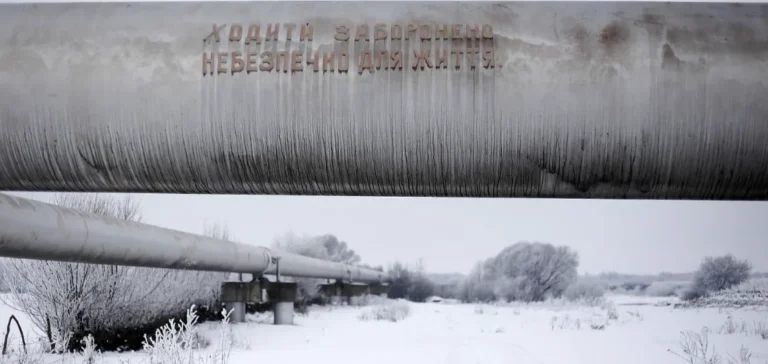Ukraine plans to mobilise up to $1bn to complete its gas purchases ahead of the winter, with domestic reserves already at 12 billion cubic metres. The country is targeting 13.2 billion, according to authorities, to face the cold season amid ongoing Russian attacks on energy facilities.
Stocks increase but remain below safety threshold
According to Yuriy Boyko, a member of the supervisory board of the state-owned company Ukrenergo, the current storage level exceeds 80% of the winter target. However, analysts from consultancy ExPro estimate the volume at closer to 90%, with around 12 billion cubic metres already stored underground. Despite these figures, the level remains below the benchmark recommended by energy experts.
Oleksandr Kharchenko, director of the Centre for Energy Research, stated that a minimum of 14 billion cubic metres would be prudent to ensure supply continuity during the winter. Last year, the country had stored 12.8 billion, which proved insufficient due to strikes targeting key infrastructure.
Alternative supply and regional cooperation
In response, Ukraine continues to diversify its imports. Naftogaz and Polish group ORLEN recently delivered 400 million cubic metres of US gas. While Hungary remains the main supplier, imports via Poland are growing rapidly, with a plan to double bilateral pipeline capacity to 4 billion cubic metres by 2026.
Liquefied natural gas (LNG) imports via Germany, Greece, Lithuania and Poland are also under consideration. Before the war with Russia, Ukraine produced up to 20 billion cubic metres annually, but current domestic output figures are classified.
Growing risks for strategic storage
Ukraine holds the largest underground gas storage facilities in Europe, with a total capacity of 30 billion cubic metres. However, the persistent threat of attacks has deterred European partners from storing gas there. In 2024, up to 3 billion cubic metres of European gas were stored, compared with none this year.
Andriy Kobolyev, former chairman of Naftogaz, believes it is now safer to import gas as needed rather than store it in vulnerable facilities. The government is also relying on price stability, with a fixed household tariff extended until April 2026, set at UAH7.96 per cubic metre (approximately $0.21).






















